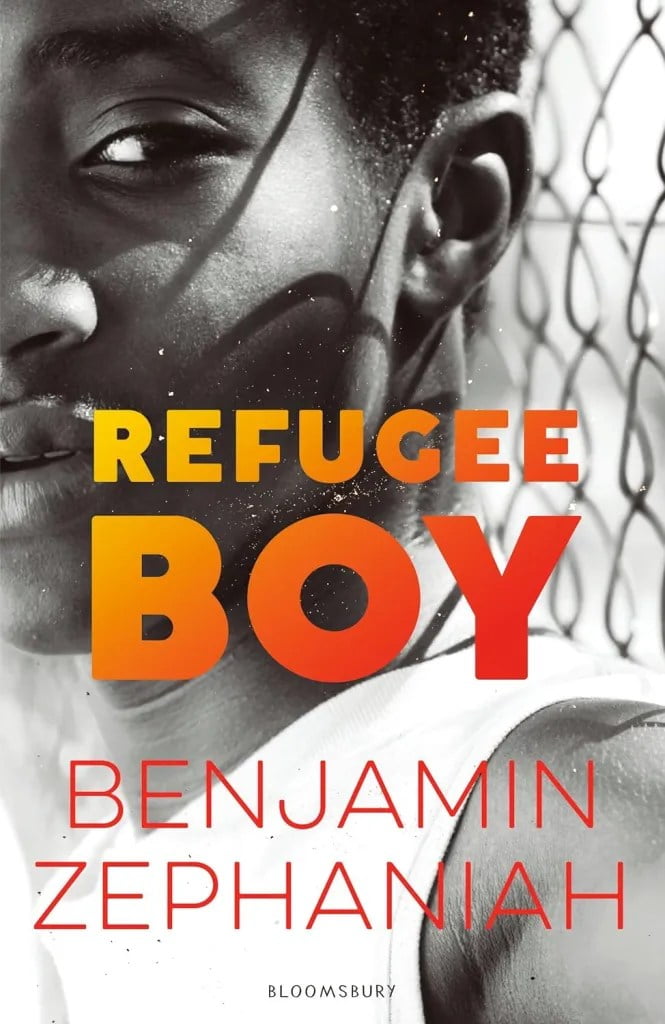
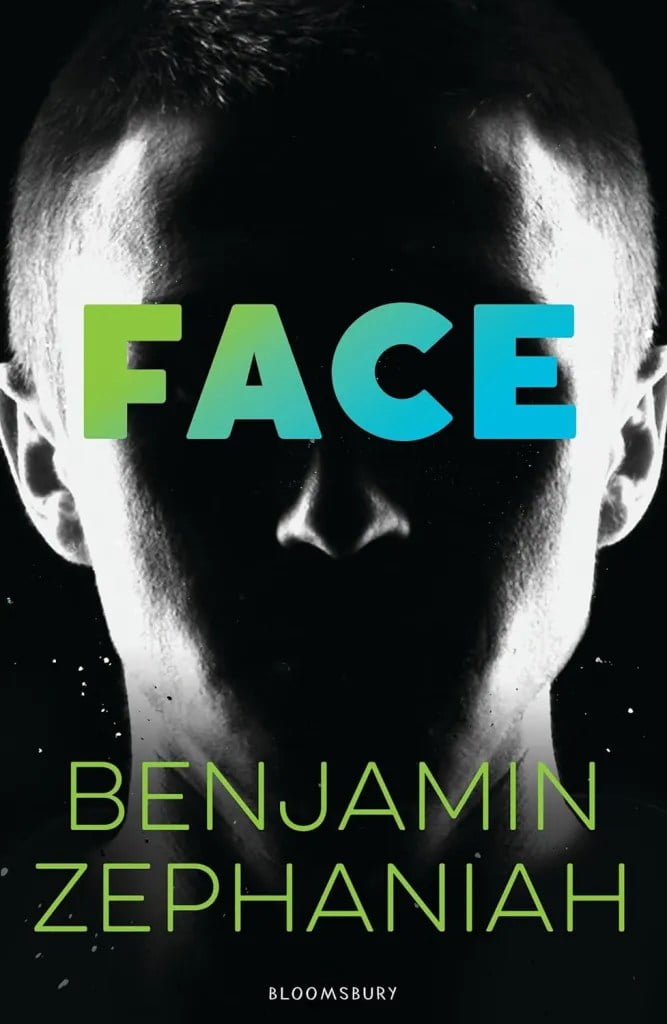
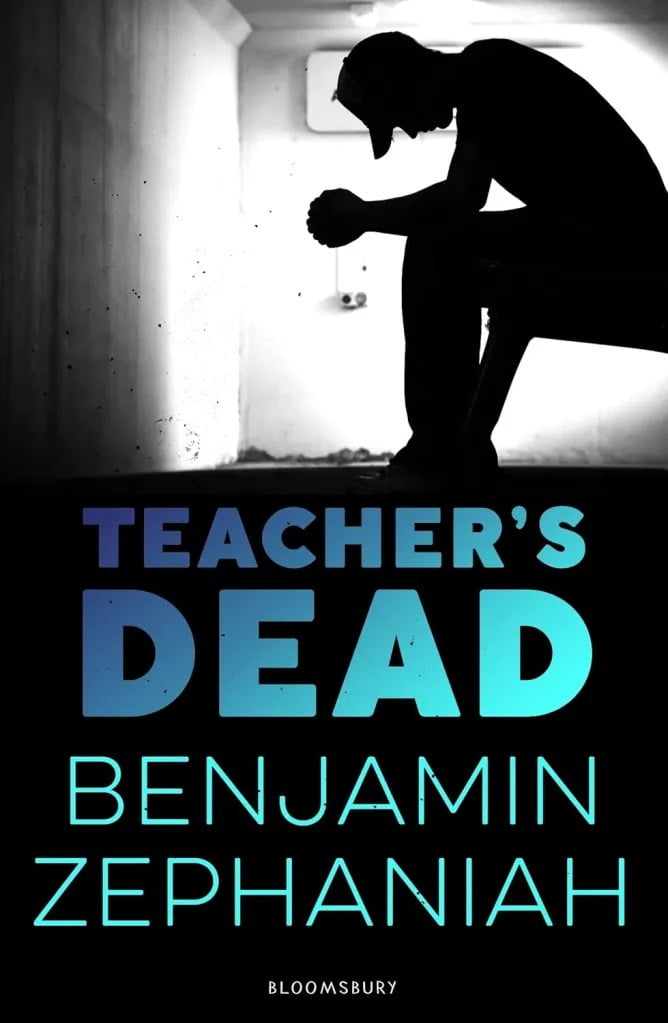

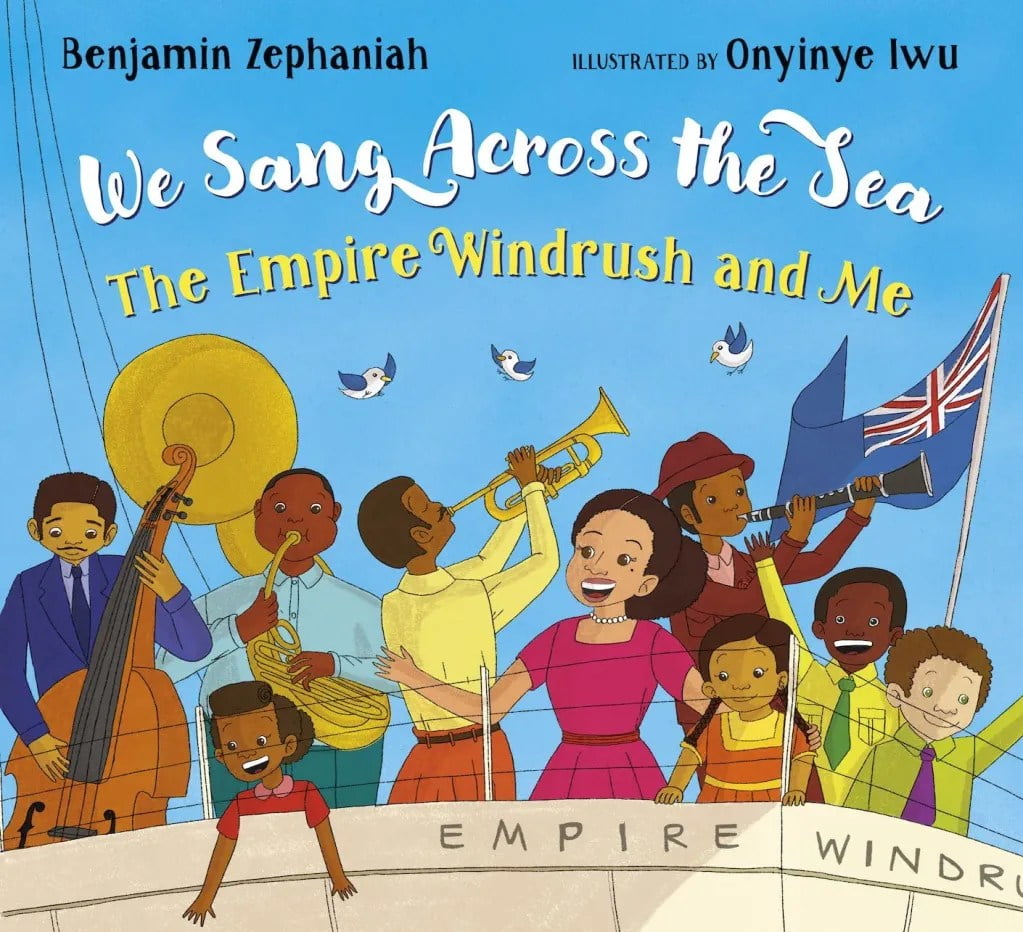
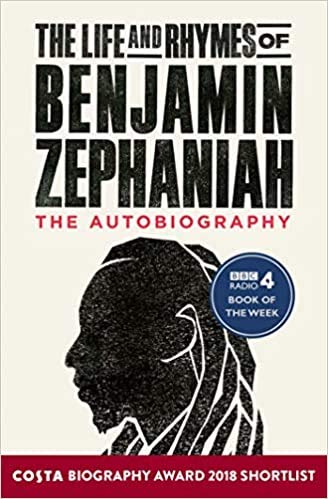
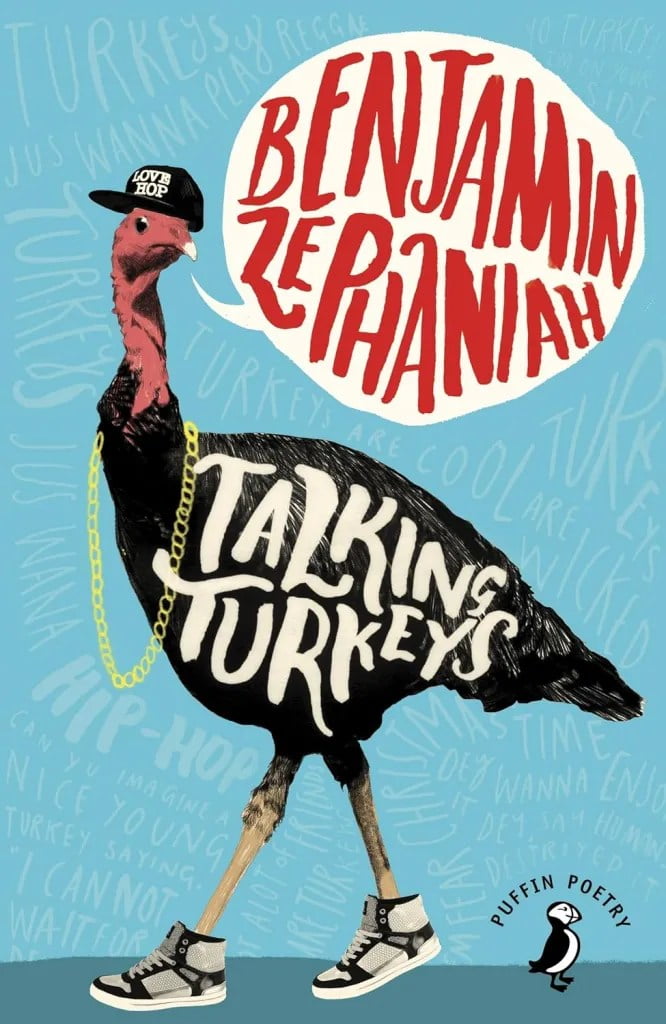
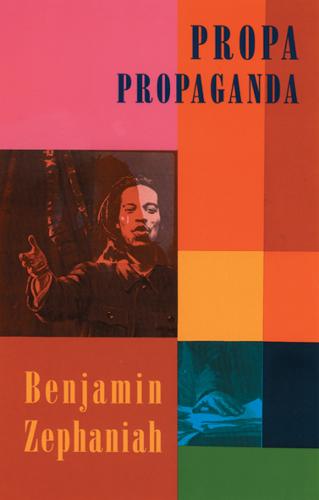
Pioneering British writer and poet Benjamin Zephaniah has left an indelible mark on the world of literature and activism. With the recent news of his passing at the age of 65, we commemorate the loss of a remarkable talent. Zephaniah, who had been diagnosed with a brain tumour just eight weeks ago, was not only a poet and author but also a tireless advocate for social justice. His life and work have left a lasting impact on the world, and one way to remember him is by exploring some of his most influential books.
“It is with great sadness and regret that we announce the death of our beloved Husband,. Son, and Brother in the early hours of this morning,” a statement posted on his social media networks read. “Benjamin was diagnosed with a brain tumour eight weeks ago. Benjamin’s wife was by his side throughout and was with him when he passed. We shared him with the world and we know many will be shocked and saddened by this news,” the statement continued. “Benjamin was a true pioneer and innovator, he gave the world so much.”
Who was Benjamin Zephaniah?
Benjamin Zephaniah was born in Birmingham on April 15, 1958, to parents of Barbadian and Jamaican descent. He faced the challenge of dyslexia from an early age, leaving school at 13 unable to read or write. However, a gift of a manual typewriter changed the course of his life, igniting his passion for writing. Today, that typewriter serves as a symbol of his journey and is on display at the Birmingham Museums Trust. He was included in The Times list of Britain’s top 50 post-war writers in 2008.
Benjamin Zephaniah’s influence on society: a legacy of kindness, compassion, and wisdom
In a heartfelt tribute to the late Benjamin Zephaniah, literary agent Peter Cox, also the former CEO of the Vegetarian Society of the UK and author of “Why You Don’t Need Meat,” reflected on the poet’s unwavering commitment to veganism and his profound impact on the world. Cox told How To Be Books, that Zephaniah was a true vegan, not one who flaunted it as a trend, but as a dedicated and genuine advocate for the cause. He emphasised the poet’s motivation for being vegan, stating, “He was vegan because it was the kind, compassionate thing to do, and those are the qualities I most associate with him. Those, and wisdom. He was a deeply wise person.”
Cox recounted their shared experiences at animal-rights events, where Zephaniah’s presence alone could captivate an audience. He spoke of the instant rapport and respect that the playwright commanded, describing how he “could bring the house down simply by walking on stage.” Despite his soft-spoken demeanour, his words held immense power. Cox noted, “He spoke truth, and truth has its own quiet resonance.”
“Benjamin was never the loudest person in the room, though. He didn’t need to be. He spoke truth, and truth has its own quiet resonance. He departure is shocking. I always hoped he would rise to some sort of political prominence – Britain’s first vegan prime minister? He could have been, and my God how different our world would have been.”
PETER COX, former CEO of the Vegetarian Society of the UK
The loss of Zephaniah is deeply felt, with Cox expressing his hope that he would have risen to political prominence, even envisioning him as “Britain’s first vegan prime minister.” However, Cox recognised that his legacy extends far beyond politics. He reiterated the transformative impact the writer had on people’s lives, either through personal encounters or his works. His legacy serves as a reminder of personal agency and the significance of seemingly small actions in creating positive, real-world change, as long as enough people, like him, are willing to stand up for what is right, kind, compassionate, and wise. Benjamin Zephaniah’s influence will continue to inspire and guide generations to come.
Benjamin Zephaniah famous poems
- Dis Poetry: In this thought-provoking poem, Zephaniah extols the power of poetry to effect change in the world. He emphasises its role in challenging injustice and promoting social change, highlighting how poetry can serve as a source of comfort and inspiration during difficult times.
- Library Ology: Zephaniah’s love for libraries shines through in this piece. He underscores the importance of libraries as places of learning, growth, and community. Furthermore, he reminds us of their pivotal role in upholding democracy and freedom.
Read: Black to the Future: top storytelling voices on demystifying genre
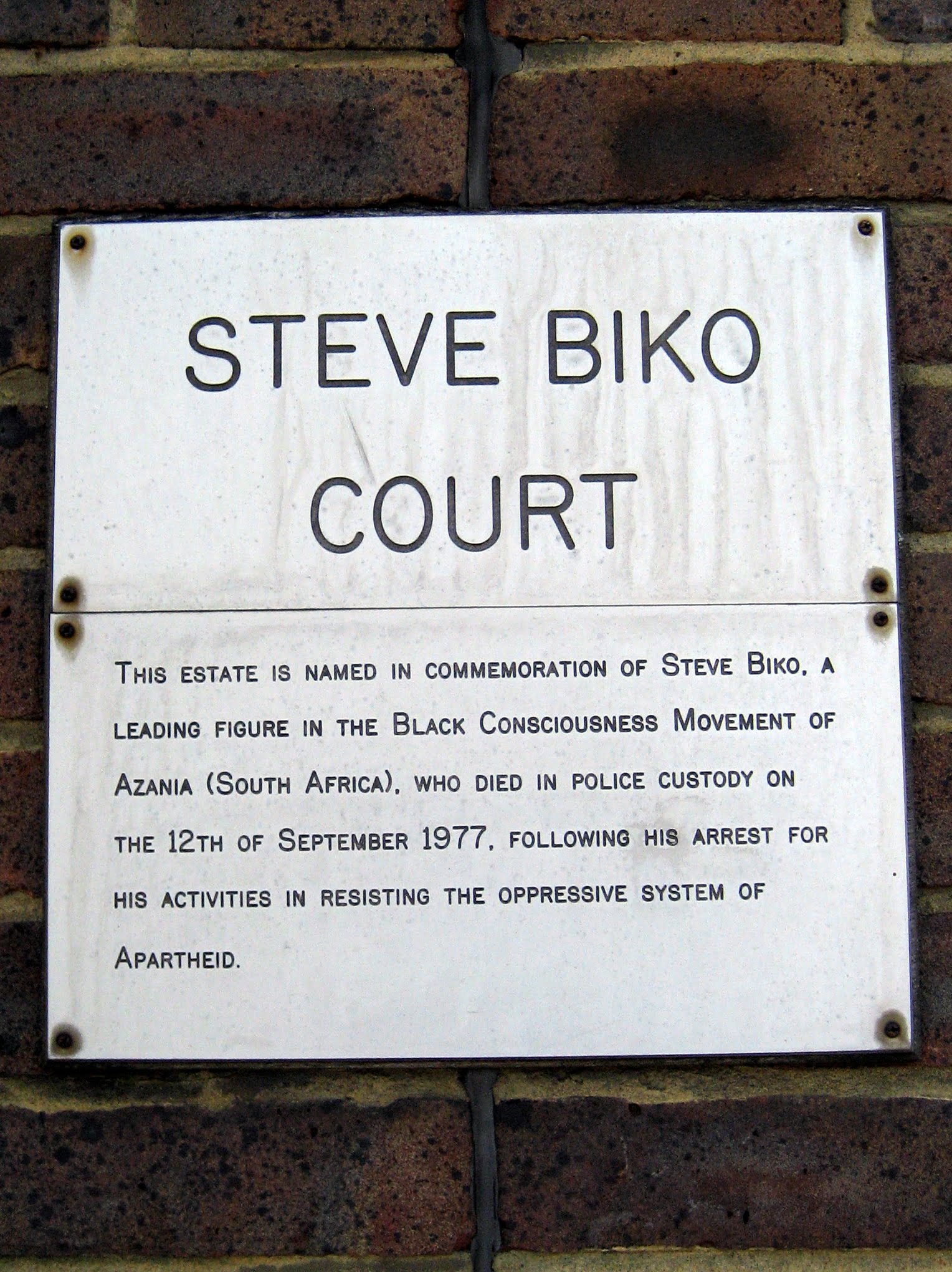
Biko the Greatness (extract)
Now we who witnessed the greatness
Sing and dance to his legacy,
We who muse his intelligence
Spread the good news in Reggae, Soul, Marabi
And the theatre of liberation,
Knowing that nobody dies until they’re forgotten
We chant Biko today
Biko tomorrow
Biko forever.
Wickedness tried to kill greatness
Now wickedness is dead
And greatness lives
In Islington
As he lives in Cape Town.
- City River Blues: This poem paints a vivid picture of urban life, tackling the challenges and struggles faced by city dwellers. Zephaniah masterfully explores themes of poverty, crime, and violence, shining a light on the harsh realities of many urban centres.
- Everybody Is Doing It: Zephaniah’s celebration of individuality shines through in this poem. He encourages people not to succumb to societal pressures and advocates for embracing one’s uniqueness and individuality.
- Biko the Greatness: A tribute to South African anti-apartheid activist Stephen Biko, this poem honors Biko’s life and work while calling for continued resistance against oppression. Zephaniah’s words pay homage to a courageous advocate for justice.
- We Refugees: In this poignant piece, Zephaniah raises his voice against the prejudice and discrimination faced by refugees worldwide. He calls for compassion, understanding, and empathy for those seeking refuge and a better life.
Best books by Benjamin Zephaniah
Zephaniah was credited with pioneering “dub poetry,” a unique form of spoken word poetry that blended powerful verses with the rhythms of reggae music. His work was a reflection of his staunch political activism and addressed pressing issues such as racism, poverty, and social injustice. Here are some of his most notable literary works:
- Refugee Boy. This poignant novel that delves into the life of a young boy who flees his war-torn homeland and seeks refuge in England. It offers a moving exploration of the refugee experience, a topic that remains incredibly relevant today.
- Face. In “Face,” Zephaniah takes readers on a journey through the experiences of a young black boy growing up in Birmingham, England. This coming-of-age story provides a humorous and insightful examination of race, identity, and adolescence.
- Teacher’s Dead. “Teacher’s Dead” is a darkly comic novel that revolves around a group of students who seek revenge on their despised teacher after he is murdered. The book unfolds as a wild and unpredictable story, keeping readers on the edge of their seats.
- Windrush Child. This heartfelt memoir offers a personal account of Zephaniah’s own childhood as his family immigrated to England from Jamaica as part of the Windrush generation. It serves as a moving tribute to the pioneers of the Windrush era and the challenges they faced.
- We Sang Across the Sea. The picture book that simplifies his own Windrush story. It provides a beautiful and accessible introduction to this important historical event.
Read: Windrush books: a celebration of 75 years in Britain
- Talking Turkeys. “Talking Turkeys” is a collection of poems aimed at children, showcasing Zephaniah’s signature energy and humor. It serves as an excellent introduction to his work for young readers, combining entertainment with thought-provoking themes.
- The Life and Rhymes of Benjamin Zephaniah. His autobiography chronicles his extraordinary journey as a poet, musician, and activist. His mission was to make poetry accessible to everyone, especially those who might not typically read books. His words were a powerful force at protests, police stations, and dance floors during the tumultuous years of the 1980s when punks and Rastas came together to demand change.
- Propa Propaganda. Published in 1996, it features iconic poems like ‘I Have a Scheme’ and ‘The Angry Black Poet.’ Known for his politically charged performance poetry for adults and children, he also made history recording with the Wailers in a tribute to Nelson Mandela.
Zephaniah leaves behind a legacy of art and humanitarianism that will continue to inspire generations to come. His work, which remains relevant and resonant, serves as a testament to the enduring power of literature to provoke thought, evoke emotion, and spark positive change in the world. If you seek thought-provoking, funny, and moving literature, exploring the works of Zephaniah is a fitting tribute to this literary pioneer and social justice advocate.
This article contains affiliate links via Bookshop.org in which we may receive a small commission at no extra cost to you, in order to support local bookshops. We have not been commissioned to review books and services.
[…] Check out: Benjamin Zephaniah: 7 books and poems to remember legacy […]
[…] Read: Benjamin Zephaniah: 7 books and poems to remember legacy […]
[…] Read: Benjamin Zephaniah: 7 books and poems to remember legacy […]
[…] Read: Benjamin Zephaniah: 7 books and poems to remember legacy […]
[…] Read: Benjamin Zephaniah: 7 books and poems to remember legacy […]